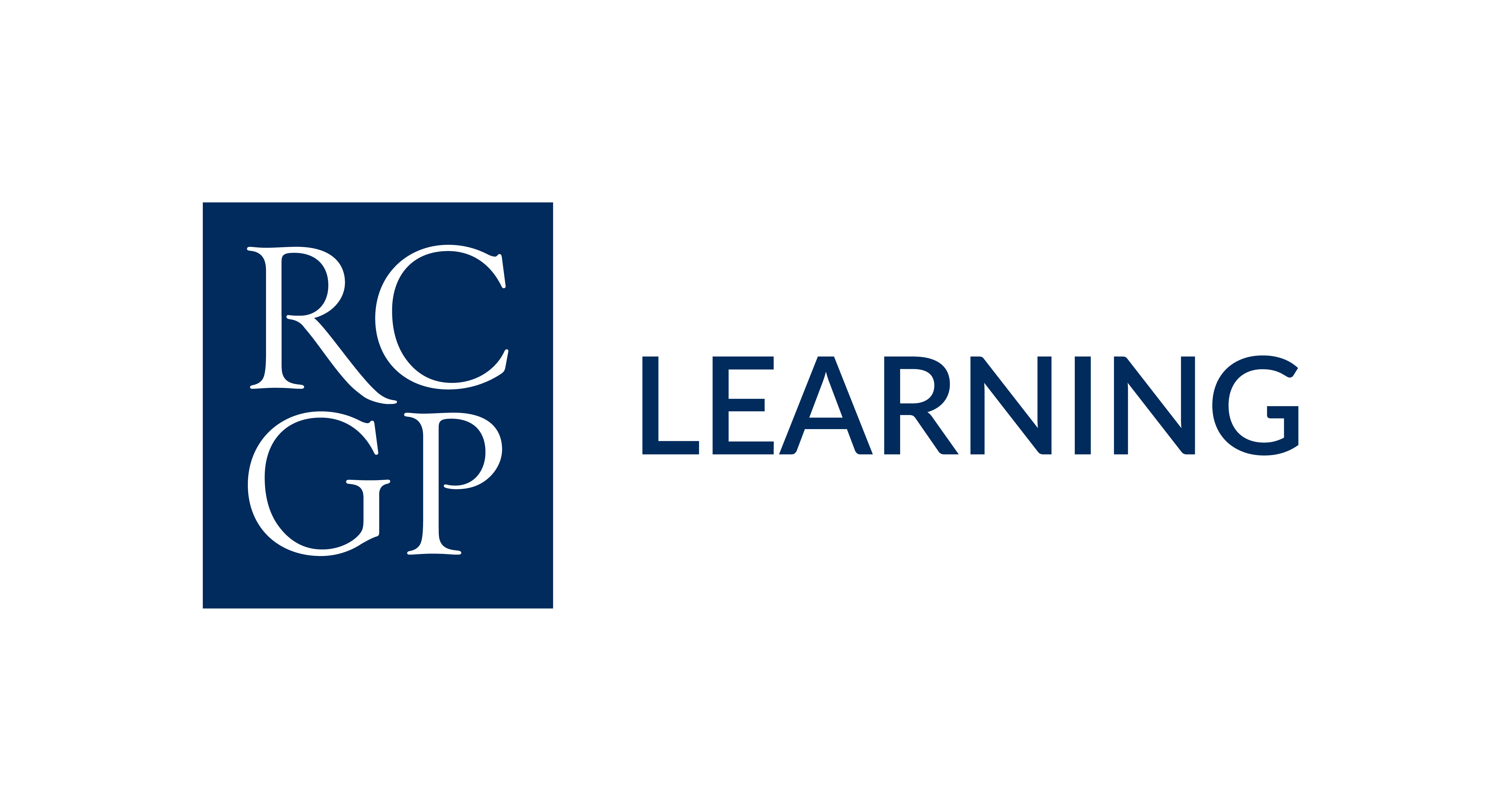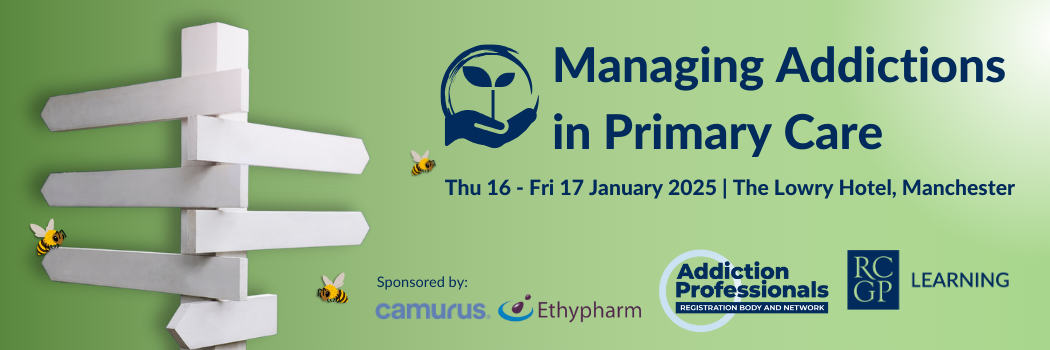Available until 20 November 2025.
The 29th Managing addictions in primary care conference took place on Thursday 16 and Friday 17 January 2025 in Manchester.
This conference is the largest event in the UK for GPs, shared care workers, nurses and other primary care staff, specialists, commissioners and researchers interested in and involved with the Management of people with Addictions in Primary Care (MAPC). It is now in its 29th year with a loyal following but always attracts new faces from primary care. As usual, we will be covering important issues for the field including drug and alcohol problems including both a beginners guides as well as more specialist issues, managing harms from behavioural addictions such as pornography.
With alcohol and drug related deaths still at an all time high, a harm reduction approach is paramount along with tackling stigma (so people don’t shy away from help).
We are really excited to go back on tour – yes we will be at an excellent iconic venue, The Lowry in the Quays area of Manchester, with plenty of room to make the best of workshops, interaction, networking and learning from each other. This includes showcasing great organisations such as Camerados, Fallen Angels Dance Theatre and The Spider Project, which have been ongoing for many years providing exceptional services for people in recovery from addiction.
Learning objectives:
• Increase understanding of current interventions for the prevention, assessment and treatment of alcohol and other drug problems
• Increase understanding of what interventions are possible to deliver in Primary Care and what require specialist help
• Increase knowledge of drug and alcohol policies in the UK and how they are implemented in primary care
• Increase knowledge of links between multiple needs, health inequalities and drug and alcohol use

